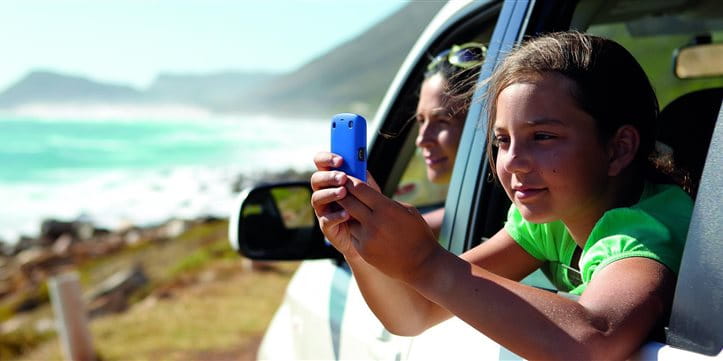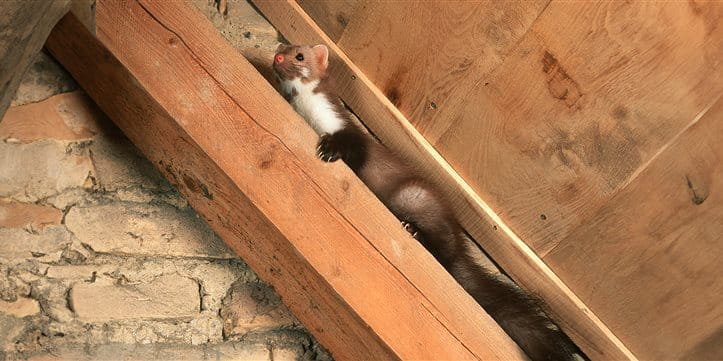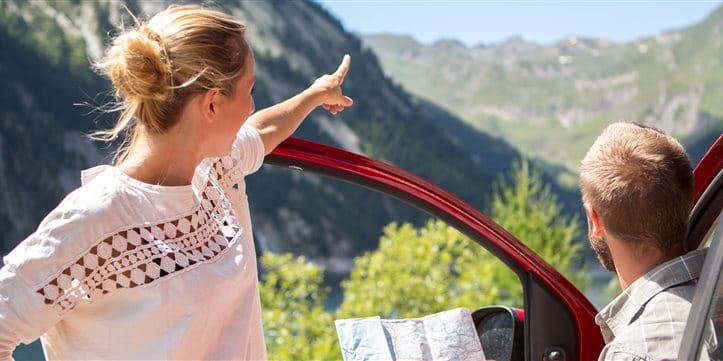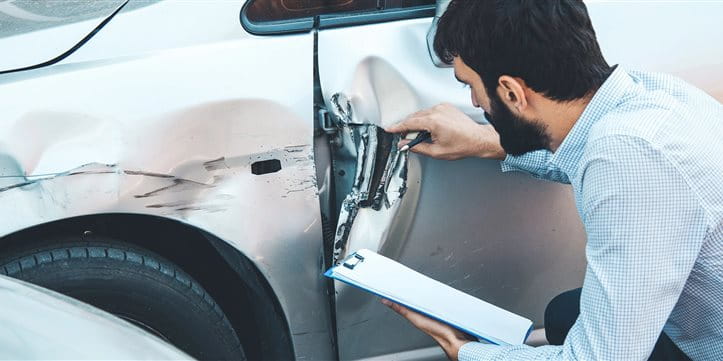In autumn especially, these kinds of incidents increase in frequency. When the days become shorter, wild animals are very active – especially in the morning hours and in the evening. An accident with a wild animal can thus happen very quickly. Such accidents frequently involve deer and wild boar. During the rutting season, wild animals are particularly active. And if an animal is startled, it is more likely to run into the road and cause a collision.
To protect people and animals, it is important to act appropriately in the event of a collision with a wild animal. By the way, this also applies if you avoid a collision by swerving and only the car is damaged without harming the animal.
Tips: Avoid accidents
- Drive a little slower in areas with game, especially at dusk and at night, in order to detect wild animals better and timely. Wild animals are particularly active then. A slower speed gives you more time to brake and makes braking safer.
- Look for road signs warning you of wild animals crossing. Take extra care when driving in these areas.
- Use the high beams to better see animals like deer. However, be careful not to blind other motorists.
- Do not honk your horn, as this can scare an animal toward the road, causing an accident.
And if it does happen? What should I do if I have a collision with a wild animal?
What you should do
An animal has run in front of your car? Take a deep breath and stay calm. Park your car at the side of the road and proceed as follows:
- Set hazard warning lights and put on a high-visibility vest.
- Set up a warning triangle to secure the accident site.
- Report the accident to the police (tel. 117) and wait for their arrival.
- Do not touch the injured animal.
- Report the damage to the car to the insurance company.
It is important that you report the accident to the police or game warden immediately. In this way you can prevent unnecessary suffering of the animal. Furthermore, there is a legal obligation to report, and anyone who fails to report a wildlife accident risks a criminal conviction based on the Animal Protection Act. Good to know: There is no obligation to report fatal collisions with birds, toads and similar small wild animals.




